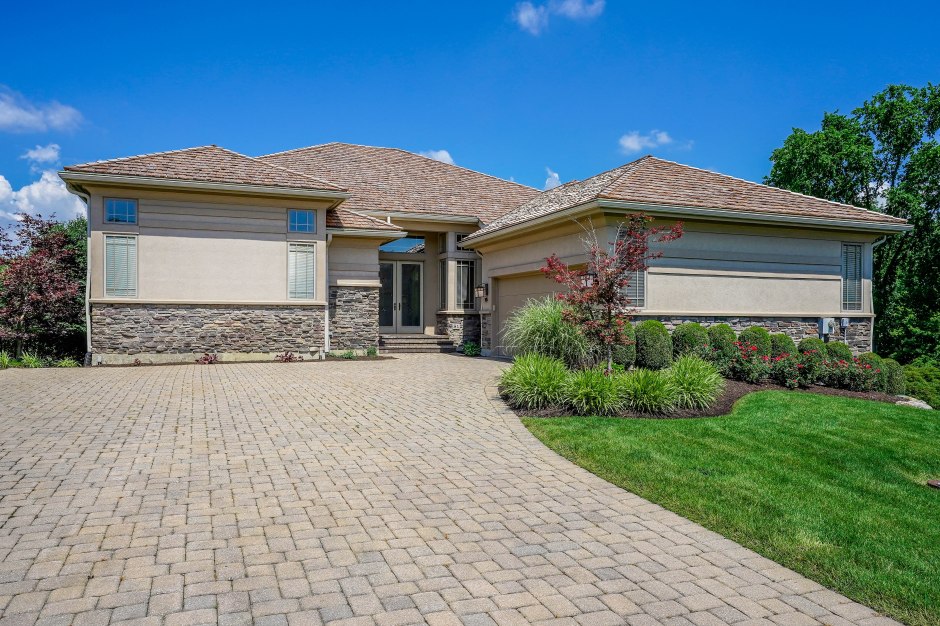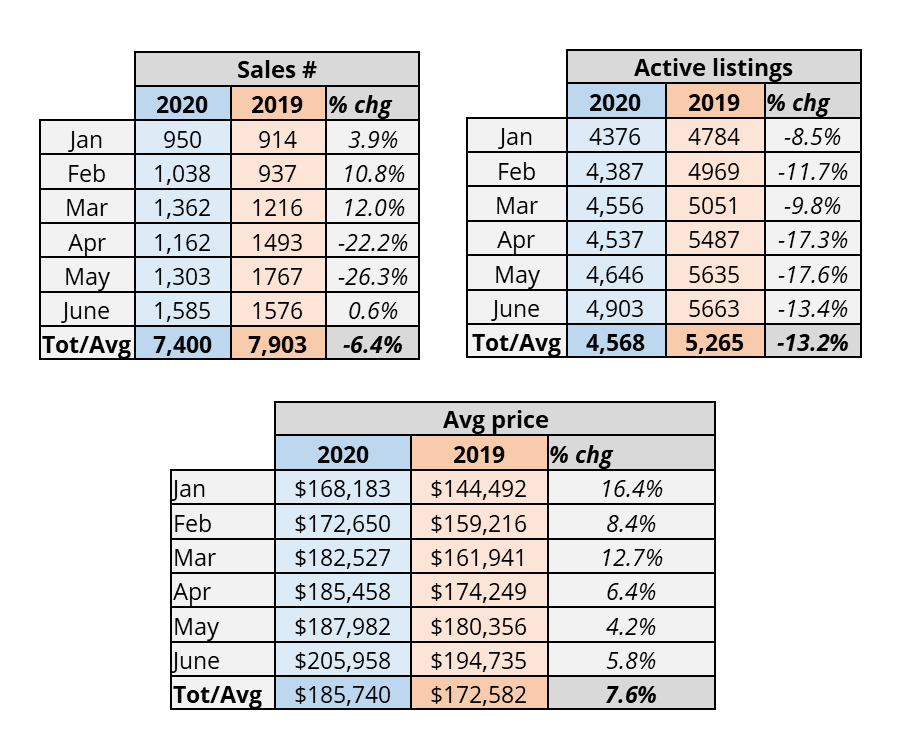While it is a seller’s market, there is still a lot that you can do to make sure that you walk away with the most money you can at the closing. If you are thinking of putting your house on the market, these 10 things can help ensure you get the highest price possible from potential buyers.
Boost Your Curb Appeal
Make that first impression a good one! Make sure the lawn is trimmed & mowed. In warmer months, plant flowers for a splash of color and mulch planting beds. Clean your front door and remove spider webs from around the entry area. If your porch, walkway, or driveway are stained, pressure wash the areas to make them look new again. Ensure that all your exterior lights are in good repair & have working lightbulbs.
De-clutter
Prior to listing, take some time & clean out anything that you no longer need & do not want to take with you to your next home. Clean out closets, remove small appliances from counters and purge items from your garage or basement that haven’t been touched since you moved in. You want your spaces to look as large and welcoming as possible. If you have a lot of furniture or if you have things you can’t part with permanently, consider renting a storage unit during the listing period.
Finish that list of repairs that has been on your to-do list since last year
We all have that list of repairs that we plan to complete at some point in the future. Perhaps your kitchen sink has a leak or you never got around to putting the second coat of paint on your bedroom walls. Go through your home and fix those items. Properties that have been well maintained will fetch a higher price than those that still have repairs that need to be done. Almost every home buyer will conduct home inspections once the home is under contract. Fixing these items ahead of time should reduce the number of repairs you will have to do prior to closing.

Consider an update or two
There is no question that homes with updates sell for much higher prices than those without. That doesn’t mean that you have to renovate everything before you move. Tackle a couple of things that could have the most impact for your time and money. Kitchens & bathrooms sell homes. A new countertop, lighting, or updated fixtures can give these rooms a new look. Is your flooring in really bad shape? Consider replacing carpeting in the rooms that have the most wear and tear. Even investing as little as $1000-$5000 can bring big returns to your bottom line when you sell.
Find a Realtor you trust
Ask family and friends who have recently moved to see who they recommend (& perhaps just as importantly who they do not recommend). Interview two or three Realtors and see who you feel comfortable with. Talk to them about their business and experience with similar homes. Ask them for recommendations on things you need to do to get your home ready to sell. A good agent should be able to walk with you through your house & help focus your efforts on the things that will bring the biggest return on your time and money.
Make those surfaces shine
A clean house will bring in a higher price than a dirty one. Clean the inside & outside of all your appliances. Make your windows, mirrors, counters, and hard flooring surfaces sparkle. A dirty home tells the buyer that you have been neglecting your home and that there could be lingering maintenance issues. A clean house puts buyers at ease and encourages them to spend more time looking around.

Be Realistic on Price
Trust your Realtor. They will do a competitive market analysis prior to the listing date to come up with a price range for your home. Agents are in homes every day with buyer clients & know very well how to price a property. While you should feel comfortable to express your opinion, it is not advisable to ask for a listing price that is substantially above what your Realtor recommends. Buyers are savvy and will avoid looking at homes with inflated prices and your listing will linger on the market. (Click here for articles with more information on pricing.)
Light it up
Open curtains & blinds and remove screens to let in as much natural light as possible. When you leave your home for a showing turn on all the lights.
Clean as you go
Showing requests can come at any time, so it’s important that you keep your house and landscape as clean as possible. You don’t want to have to decline a showing because you need a couple of hours to get the house ready. That potential buyer may end up putting an offer in on a different property since you were not ready. The good news is that homes that are priced right and in good condition are selling quickly, so hopefully your home won’t be on the market long. If you are really busy or have kids & pets to manage, consider hiring cleaning person who can help maintain the house’s cleanliness while you are on the market and under contract.
Say yes to showings
As I stated above, declining a showing could divert a buyer from your property and into a contract with a competing home. Whenever possible, say yes to showings. This is true even after you are under contract. Make it easy for the buyer to schedule inspections. Difficulty getting into a home to complete inspections can sour a deal quickly.
While listing your home is stressful, these 10 things can help it sell more quickly and increase your net proceeds at the closing. Want more information on getting your home ready to sell? Check out other articles on my blog under the categories of “Home Staging” or “Selling a home”. And always, I am happy to put my almost 42 years of experience to work and answer any questions you may have.














